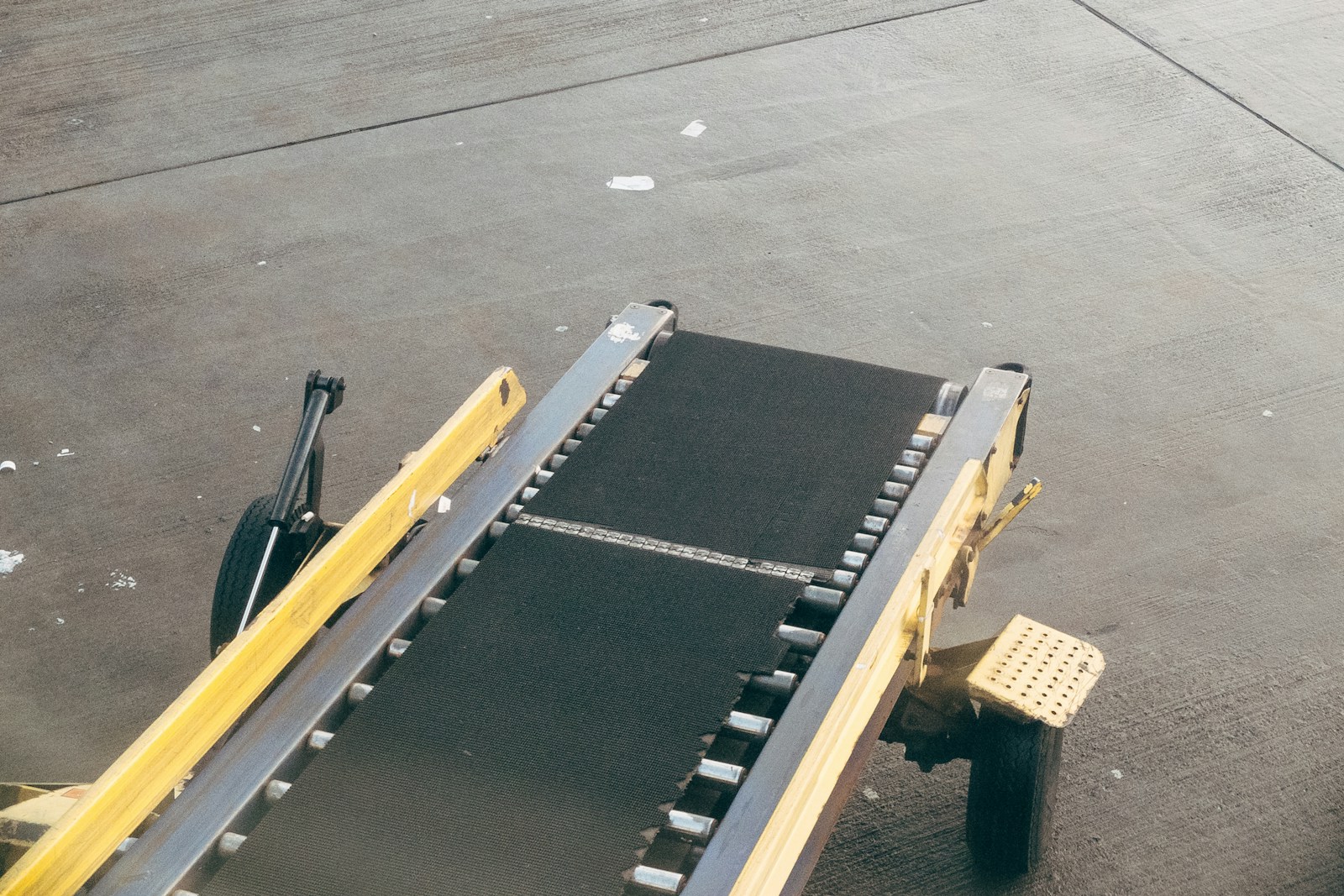
equipaje

luggage
The term 'equipaje' refers to 'luggage' in English. It implies personal belongings packed in suitcases for traveling.
Example sentences using: equipaje
¿Dónde está mi equipaje?

Where is my luggage?
This is a simple question a person might ask when they can't find their luggage. '¿Dónde está...?' means 'Where is...?' and 'mi equipaje' means 'my luggage'.
No puedo encontrar mi equipaje.

I can't find my luggage.
Use this phrase when you are having trouble finding your luggage. 'No puedo encontrar...' means 'I can't find...' and 'mi equipaje' means 'my luggage'.
Mi equipaje es muy pesado.

My luggage is very heavy.
Here 'Mi equipaje es...' means 'My luggage is...' and 'muy pesado' means 'very heavy'. It's typically used when the luggage is difficult to carry due to its weight.
Debes cuidar tu equipaje en el aeropuerto.

You should take care of your luggage at the airport.
'Debes cuidar...' means 'You should take care of...', 'tu equipaje' means 'your luggage' and 'en el aeropuerto' means 'at the airport'.
Hay una etiqueta en mi equipaje.

There is a tag on my luggage.
Use this phrase when there is a tag or label on your luggage. 'Hay una etiqueta en...' means 'There is a tag on...' and 'mi equipaje' means 'my luggage'.
Este no es mi equipaje.

This is not my luggage.
'Este no es...' means 'This is not...' and 'mi equipaje' means 'my luggage'. Use this phrase when someone mistakenly thinks a piece of luggage is yours.
Olvidé mi equipaje en el hotel.

I forgot my luggage at the hotel.
'Olvidé...' means 'I forgot...', 'mi equipaje' is 'my luggage' and 'en el hotel' is 'at the hotel'. Use this phrase when you left your luggage somewhere by mistake.
Necesito comprar un nuevo equipaje.

I need to buy new luggage.
'Necesito comprar...' means 'I need to buy...' and 'un nuevo equipaje' means 'new luggage'. Use this phrase when you need to purchase new luggage for travelling.
Mi equipaje fue perdido durante el vuelo.

My luggage got lost during the flight.
'Mi equipaje fue...' means 'My luggage got...', 'perdido' means 'lost', and 'durante el vuelo' means 'during the flight'. It's a common phrase to use when your luggage was misplaced in transit.
Estoy empacando mi equipaje para el viaje.

I'm packing my luggage for the trip.
'Estoy empacando...' means 'I'm packing...'. 'mi equipaje' stands for 'my luggage' and 'para el viaje' means 'for the trip'.